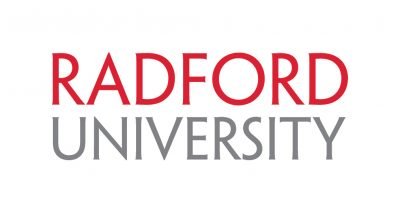Network for Transforming Educator Preparation: Video Analysis Became a Cornerstone of the Radford University Experience
The process of transforming education preparation is multifaceted and complex. A multi-year working group called Network for Transforming Educator Preparation (NTEP) within Council of Chief State School Officers aimed to support state departments of education to develop new policy on what this challenge of transformation might mean in their context.
Radford University faculty were invited presenters to a national NTEP webinar to share their story of program-wide adoption of video evidence.
Program Level Adoption of Video Coaching
“We have nineteen educator preparation programs… [and] graduate programs in educational leadership, literacy, counselor education,” said Tami Wallace, Associate Dean of the College of Education and Human Development. “We have instituted Edthena across all of them.”
Tami highlighted collaboration as key to their change process.
“What we focused on first was practice sharing. We encouraged things like ‘lunch and learn’ sessions,” she said. “Different faculty members would share what they’d learned about using video, as well as whatever new insights they’d gained into what was working with their students.”
After getting all their various programs on board, Tami said the results were tangible and immediate.
“Whether it’s questioning strategies or how they’re using formal assessments or even noticing and responding to student behavior, we’re seeing a lot more depth in students’ level of reflection,” she said.
Integrating Video Observation into Coursework
Next, professors Liz Altieri and Melissa Lisanti discussed examples of how they’ve integrated video analysis into their coursework. One of the strategies explored was what they called circles of practice.
Circles of practice are groups in which teacher candidates co-plan, co-teach, and co-assess. Inside the circles, Liz and Melissa work alongside teacher candidates to improve their feedback processes.
They help teacher candidates learn how to support each other in their process of ongoing development.
“We actually look at how we share ideas in ways that are supported by literature and research,” Melissa said. “Edthena really helps us link to literature and methods, which is important, of course, as we encourage teacher candidates to make connections to the skills that we’ve really targeted in seminar.”
Liz and Melissa also described how Edthena has improved their ability to spot trends in learning as instructors.
With video they’ve started noticing patterns in areas of practice where teacher candidates are struggling. They can then prioritize those skills as part of the directed learning of the cohort. They even record video models of themselves for teacher candidates to analyze.
“We’ve found [example videos help] teacher candidates focus in on what we want them to deliberately practice,” Liz said.
Liz emphasized that faculty perspectives on how to use video within the program are constantly evolving. They’re currently considering questions like how to involve cooperating teachers in the feedback process and how to encourage teacher candidates to build professional portfolios for prospective employers.
You can watch Radford’s presentation by clicking the link above. You can also read our most recent Partner Profile on Radford here.

